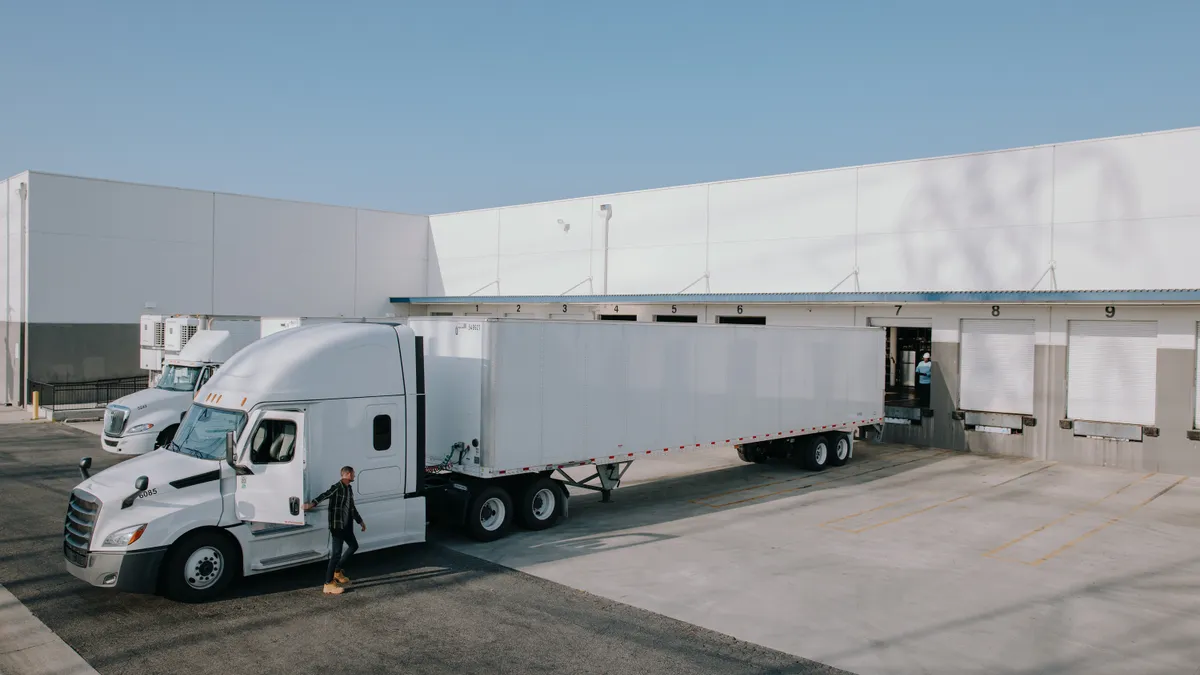Uber Freight unveiled upgrades to its Transportation Management System last week at its annual Deliver conference in Texas.
Updates include a more informative landing page, simplified dock scheduling features and a streamlined load management experience, Uber Freight said in a press release. The upgrades help “deliver customers greater transparency, control, and intelligence across the entire supply chain,” the company said.
The changes mean shippers can better track carriers with improved location data, and a redesigned routing guide interface helps improve efficiencies, company leaders said in a blog post. Enhanced financial tools also allow for better visibility, forecasting and processing of carrier payments.
In contrast, traditional, one-size-fits-all approaches for a TMS lack the customization, intuitiveness and responsiveness that a modern platform can provide, the company said. “We’re not just enhancing our TMS; we’re reimagining what a TMS can be,” leadership said.
“Traditional TMS solutions, many of which date back to the 1990s, have struggled to keep pace with the rapid changes in logistics,” Uber Freight leaders said in the blog post, adding that those traditional system’s brittle architecture “hinders transportation teams, forcing them to navigate cumbersome setups and outdated processes.”
Other product features unveiled at the conference included improvements to AI and procurement tools as well as integrating Uber Freight and Uber Direct, a same-day local delivery service for small packages up to 50 pounds. The pairing allows Uber Freight to expand its last mile capabilities, Uber Freight CEO Lior Ron said at the event.
The company, which launched its app in 2017, has targeted owner-operators and small fleets over the years, highlighting the platform for booking loads. Uber Freight continues to push its automatic rebooking and up-front pricing as it seeks to stand out from a crowded field of competitors.













